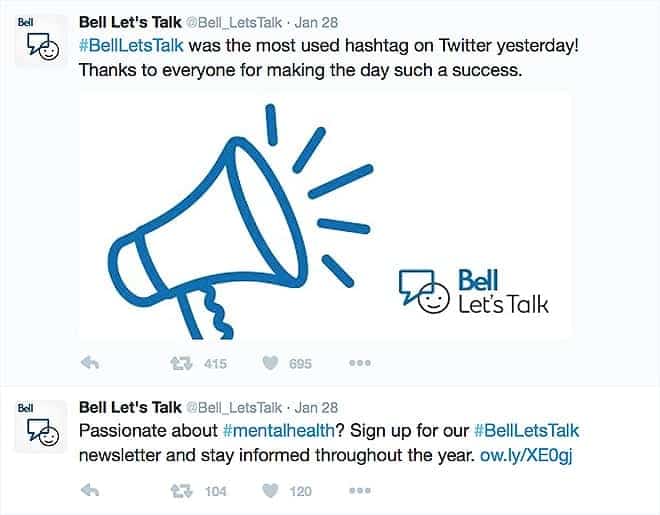Let’s talk about talking

Author: annie trussler – contributor
“Let’s talk.”
A tremendous sentence with incomparable gravity, considering what there is to talk about, to whom, at what time, and why. The term ‘mental health’ also demands to be unpacked with a certain level of compassion and forethought; so, when one is expected to ‘talk’ about mental health, there are far too many hurdles to clear. The premise is simple – collectively, the world, on social media or otherwise, is to openly discuss personal experiences with mental illness or offer support to those needing of it. These things, of course, are never so simple as it appears. So, before we talk about ‘talking’ and ‘mental health’, we have to talk about the stigma that comes with talking, or even talking about talking.
Despite the guise of ‘understanding’ we live under, we live in a world that dismisses the usage of ableist slurs (i.e. ‘psycho’) in daily conversation, panders to the use of ‘mental hospitals’ and ‘mental patients’ as a quirky literary device, and encourages individuals to view mental illness as a topic of intrigue, rather than with genuine concern. Acceptable mental illnesses are limited almost exclusively to depression and mild anxiety, but when bipolar, psychotic disorders or anything beyond the scope of the romanticized are mentioned, suddenly mental illnesses are grounds for fear, disdain, and repulsion. The ‘dangerously or unattractively ill’ are cornered away from society, those with ‘manageable illnesses’ are tolerated and equality is celebrated.
There is something amiss. If we are to ‘talk,’ as Bell has repeatedly suggested, we must talk about the big picture, including everyone and everything – the bad, the worse, the ugly. Mental illness is beyond heavily filtered images on Instagram. Mental illness is intense paranoia, staying up all night, episodes of violent anger, everything we are told to demonize, told to make ‘evil’ and told to hide away in institutions and forget about. We cannot, as a society, ‘talk’ about mental illness if there is only a fraction of illnesses, symptoms, and results that we ‘talk about.’
Moreover, on the topic of ‘talking,’ the talking cannot end where the comfort zone does. The conversation has to continue, it has to involve all branches of society, it has to be continued through race, age, sex, gender, sexuality, because when no one talks about illness, those with the “unattractive illnesses” retreat further into the darkness. It is far too easy to award yourself a ‘nice try’ ribbon when idly mentioning mental illness when you are thought to be obligated to, and then refuse to contribute to the dialogue later on. We are all guilty of it, as am I.
#BellLetsTalk is a valuable initiative, do not misunderstand; however, like all valuable initiatives, it needs to reach beyond the surface level and genuinely move the uninvolved to action. The ‘unattractively ill’ must be heard, the word ‘psycho’ has to be taken from casual conversation, we cannot find ourselves trapped by the ‘quirky mental hospital trope’ and particularly, we must, as a whole, take the romance away from mental illness. Those suffering can find beauty in themselves, but the moment the gravity of mental health is overlooked, the supposed ‘conversation’ loses all value. By all means, world, let’s talk. Let’s talk until we think we cannot talk any more; but, to ‘talk’, we have to ‘talk’ about what matters.










